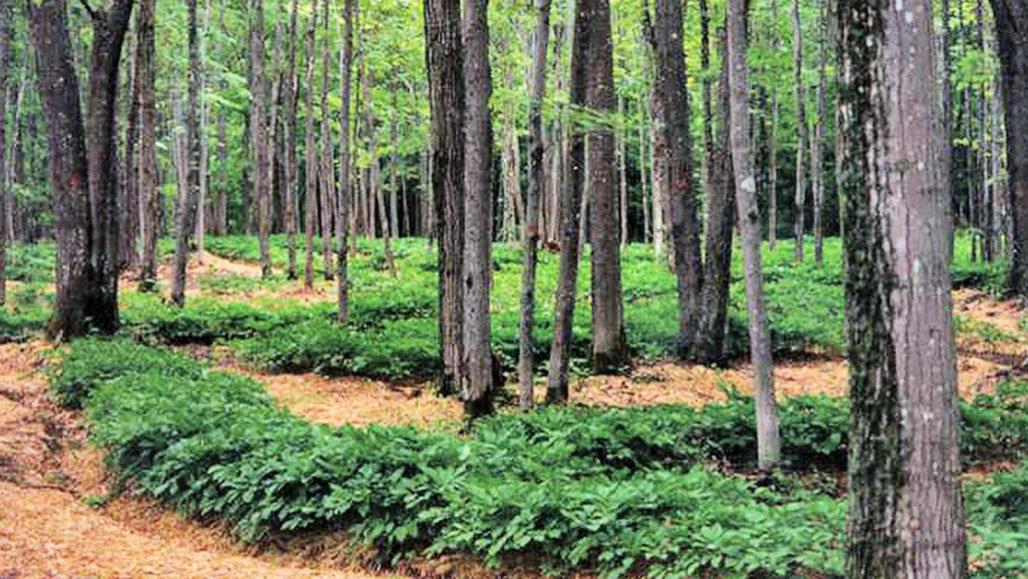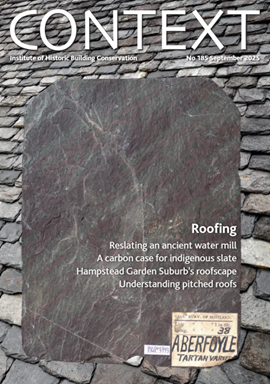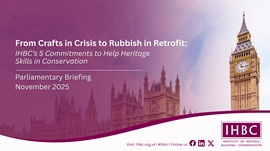Special Nature Conservation Order SNCO
Contents |
[edit] Introduction
In England and Wales, Special Nature Conservation Orders (SNCOs) are made to prevent damage to the natural features and species associated with specific areas of land. The Orders detail prohibited operations, including possible actions taken by the landowner. In Scotland, these measures are referred to as Nature Conservation Orders (NCOs).
[edit] Where SNCOs apply
An NCO may apply in or around designated areas, including:
- Sites of Community Importance (SCIs). These are sites that have been submitted and adopted by the European Commission as a Special Area of Conservation (SAC), but not yet designated by the government of the member state. Within six years of a site being identified as a site of community importance, it should be designated as a Special Area of Conservation with a priority being given to the more important sites, or those facing threats.
- Special Areas of Conservation (SACs): Internationally important areas defined by the National Planning Policy Framework (NPPF) as 'Areas given special protection under the European Union’s Habitats Directive, which is transposed into UK law by the Habitats and Conservation of Species Regulations 2010.’
- Candidate Special Areas of Conservation (cSACs): Sites that have been submitted to the European Commission, but not yet formally adopted.
- Special Protection Areas (SPAs): Areas which have been identified as being of international importance for the breeding, feeding, wintering or the migration of rare and vulnerable species of birds found within European Union countries. These are European designated sites, classified under the Birds Directive.
[edit] Complying with SNCOs
Natural England or Natural Resources Wales provide oversight in situations where an SNCO has been put in place. These bodies can issue stop notices to prevent activity that could possibly violate the terms of the SNCO.
Individuals who object to the restrictions put in place by an SNCO can try to remove the stop notice by:
- Objecting to the SNCO within the first six weeks with the High Court (if the activity does not have a negative impact on the environment). Should the High Court Minister make the objection the subject of further inquiry, a planning inspectorate will be assigned to the task and will report back whatever findings are discovered. The Minister will then issue a decision.
- Requesting written consent from Natural England or Natural Resources Wales for the activity if there is a way to minimise the possibility of damage or if there is ‘overriding public interest’ in the activity. Overriding public interest would mean public interest in the matter (predominantly based on human health, public safety or other socio-economic reasons) that would be considered more beneficial than the environmental consequences. If consent is refused, it is possible to override this by bringing the case to the Minister, who will evaluate the circumstances and issue a decision.
[edit] Related articles on Designing Buildings Wiki
IHBC NewsBlog
Latest IHBC Issue of Context features Roofing
Articles range from slate to pitched roofs, and carbon impact to solar generation to roofscapes.
Three reasons not to demolish Edinburgh’s Argyle House
Should 'Edinburgh's ugliest building' be saved?
IHBC’s 2025 Parliamentary Briefing...from Crafts in Crisis to Rubbish Retrofit
IHBC launches research-led ‘5 Commitments to Help Heritage Skills in Conservation’
How RDSAP 10.2 impacts EPC assessments in traditional buildings
Energy performance certificates (EPCs) tell us how energy efficient our buildings are, but the way these certificates are generated has changed.
700-year-old church tower suspended 45ft
The London church is part of a 'never seen before feat of engineering'.
The historic Old War Office (OWO) has undergone a remarkable transformation
The Grade II* listed neo-Baroque landmark in central London is an example of adaptive reuse in architecture, where heritage meets modern sophistication.
West Midlands Heritage Careers Fair 2025
Join the West Midlands Historic Buildings Trust on 13 October 2025, from 10.00am.
Former carpark and shopping centre to be transformed into new homes
Transformation to be a UK first.
Canada is losing its churches…
Can communities afford to let that happen?
131 derelict buildings recorded in Dublin city
It has increased 80% in the past four years.















